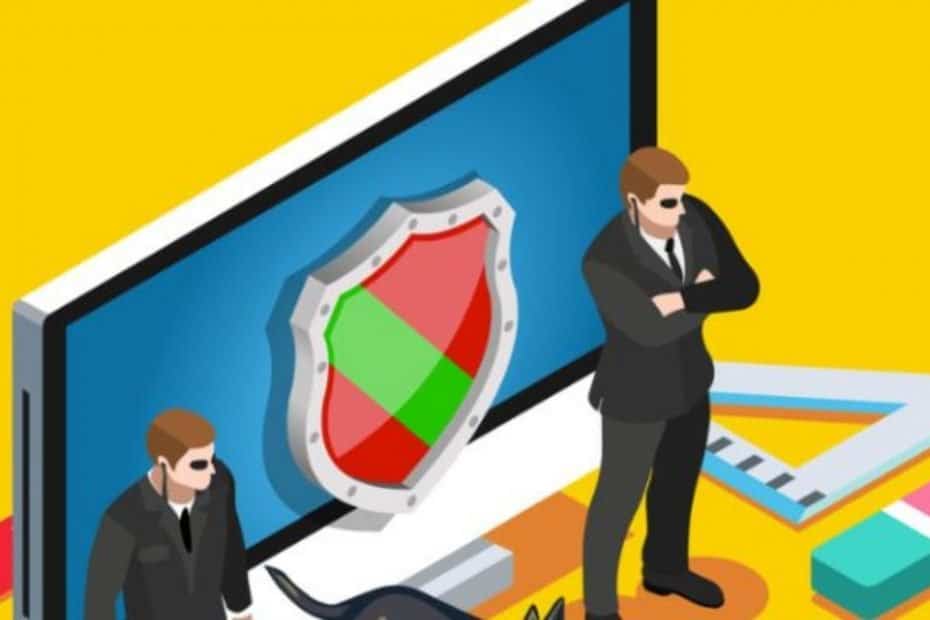When I first started using the Internet back in late 1994, I thought that everything I did was invisible unless I signed my name to it. As my understanding grew, this quickly became a shattered illusion for me. What is privacy online now? It’s a complicated series of interlocking services, passwords, and networks that can make or break your personal privacy.
I’m going to look at what privacy is today, how you can gain more privacy, and show you some tools that will help.
What is privacy?
You use your computer every day to send and receive data which should be kept private. This can include:
- Your passwords
- Banking details
- Credit card data via online shopping
- Personal communications through email
- Those pictures …you know which kinds of pictures…
Online privacy refers to all of this and more. No matter what you do, or how good you are, you will have to give up some small bit of privacy to go online. That’s just how the online world works. Think of going online as being similar to going outside. You can wear a mask, long clothing, and cover yourself …but people who know you well will know that you’re out of the house. Worse yet, someone could tackle you to the ground and remove your mask.
When do you most need privacy online?
There are times when privacy isn’t a big concern, like when we’re posting a funny video on our mom’s Facebook page. You are publicly displaying something, and it won’t take much for nearly anyone to get to see it. There will be some privacy offered through Facebook’s Privacy Policy, but you can’t be sure what settings you mom has. So there’s a form of privacy here, but it’s pretty much public.
The major times when you need privacy are when you’re:
- Communicating with your bank
- Doing online shopping
- Entering login details
- Sending private documents (especially for work)
In each of these cases you’re sending something of the utmost importance to you. We’re well past sharing a video to our mom on Facebook, we’re into the territory of sharing things that can really hurt us if they’re exposed.
How can you lose your online privacy?
While there are laws which protect your online privacy, we all know that not everyone follows the law. How can you be exposed? Many, many ways. Some of the most common will be looked at nex.t I will offer workarounds below them:
- Keyloggers: These are most common on public computers, but your personal computer can fall victim. These tools literally log all of your keystrokes so that your passwords and login details can be discovered.
- Solution: Public computers should not be used for much more than random surfing. Don’t sign in to anything you truly value. A good antivirus software will keep them off of your own computer at home.
- Fake WAPs: The ‘free’ public WiFi you find out in the world may not be so free afterall. Hackers will setup their own free WAP (Wireless Access Point) that you can connect to. They will then either ‘sniff’ your traffic by reading the unencrypted bits as plain text, or ask for you to create a login. They will then take this login and use a tool t
 o try and sign in to other websites, usually ones involving money.
o try and sign in to other websites, usually ones involving money. - Solution: Using a
VPN on public WiFi should be everyone’s priority. You have no guarantee that the connection you are using has a high level of encryption on it. TheVPN will take care of this for you with high encryption standards. A greatVPN for this is our top-ranked VPN provider, IPVanish. - Browser history: The data that you leave behind in your browser can be stolen by the next person to access your computer. Your browser stores a tremndous amount of data through cookies left behind by websites you visit. Some of this data is your login information.
- Solution: Clear your browser history when you get off the computer! I know it’s tempting to just close your laptop and walk away, but you need to stop and clear everything if you share your computer in any way.
- Hacks on websites: When you shop online the data you give to the website is stored. These information centres are prime attack points for hackers as they can easily access ways to make money. All of this also applies to your personal email and accounts where you may store some banking information.
- Solution: You may think that you’re helpless here, but you’re not. You can use credit cards with limits, or even ones which must be pre-loaded with money. If a hacker gets hold of them they can’t do much with them besides get rejected, or steal a limited amount of money.
- You post it: Nothing posted online is ever truly private. Even if you delete something it can still have been cached and indexed by a website. The good old CMD+Shift+3 on my Mac is also a common culprit: Screenshots capture anything at any time.
- Solution: You need to think long as hard about what you want to post online. Do you really need to tell people you’re on your way to the airport, or would a stalker like to know that? Is your home address necessary to go up? Your phone number? Every piece of data you post can be stolen by anyone ,and you only have yourself to blame.
This is a basic look at what is privacy really like online. The more you work on keeping information to yourself, or protecting it with tools, the more privacy you’ll be able to enjoy online. At the very least, be careful in public spaces and protect yourself when using the most data-sensitive websites.
Feature image via aurielaki / Shutterstock
